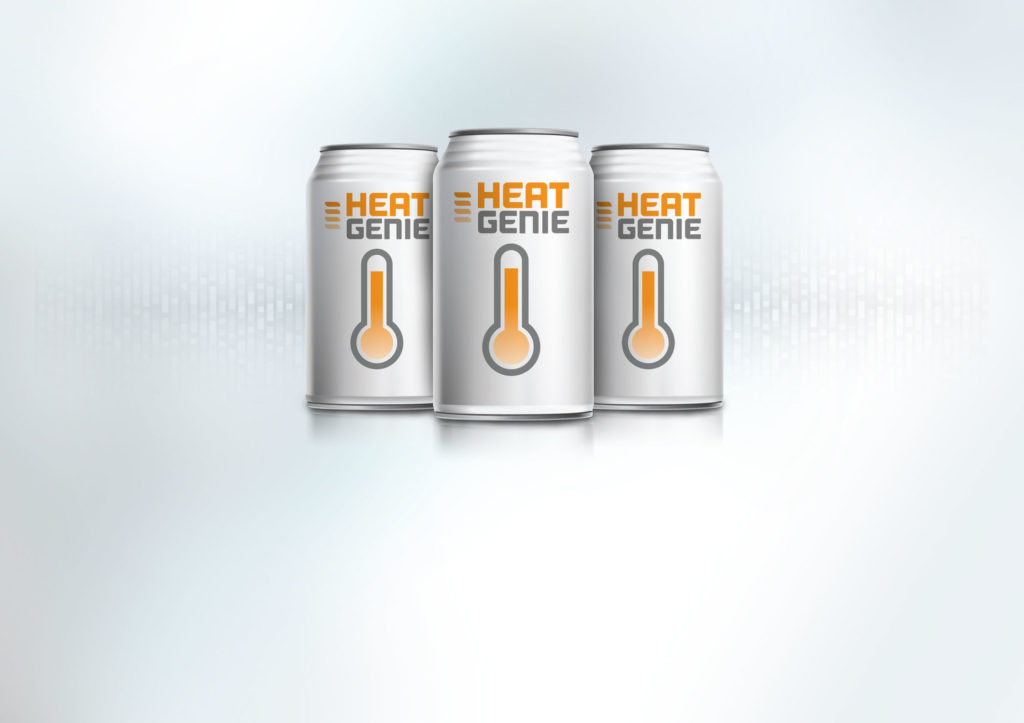Walter Robb, the former co-CEO of Whole Foods Market, has invested in HeatGenie, beverage packaging that has the ability to automatically heat up its contents with a twist of its lid. The ex-CEO also agreed to join the board of directors for HeatGenie. His involvement on the board signals the company’s readiness to enter the ready-to-drink (RTD) market after finalizing the product.
“We are very excited to have Walter Robb invest in HeatGenie and join our Board of Directors,” said Mark Turner, HeatGenie President and CEO. “Walter brings great experience in both CPG and retail and we are honored to have him join our team as we shift from concept to commercialization in the marketplace.”
This is the second investment that Robb has been involved in this week. The former co-CEO made use of his $10-million severance payment by also investing in and joining the board of directors of Colorado-based startup, FoodMaven. His second investment in HeatGenie shows his determination to stay on top of the food industry.
“I am pleased to join the team and help the company grow,” said Robb. “Brendan Coffey has created an innovative new technology and Mark Turner is a terrific, energetic CEO and entrepreneur. HeatGenie’s technology will be a win-win for both the beverage category and consumers everywhere who will be able to enjoy a hot can of coffee, tea, soup or sake whenever and wherever they please.”
HeatGenie has been working on self heating beverage technology for about eight years, trying to innovate the size of the product to be more compact. HeatGenie technology was developed by Brendan Coffey, a chemical engineer with experience in the battery industry. The heater element is located in the lid of the HeatGenie can, and when a consumer twists the lid, it causes a reaction and heats the contents of the can in about two minutes. The self-heating technology is recyclable both before and after activation.
According to Turner, the product currently has no competition in the self-heating beverage category. Earlier self-heating products had a high failure rate because their heating devices took up too much space in their containers. Nestlé developed a similar self-heating product in 2001 called Nescafe Hot When You Want, but abandoned the idea a year later. After conducting market tests, Nestlé found that the can did not heat up enough during cold winters and consumers were disappointed when they to found seven ounces of coffee in an eleven-ounce container.
“All of them have kind of run their course,” Turner said. “HeatGenie’s approach is radically different. We have solid-state technology that only takes up about 10 percent of the package. It’s a good consumer experience and very reliable.”
He also highlighted the ongoing consumer interest for innovative products such as self-heating beverages.
Turner goes on to announce HeatGenie’s plans to license the technology to a number of large global brands that they are already speaking with. The new technology could cost up to one dollar or one-dollar-fifty more per can, Turner added. Despite the added cost, he seemed confident in his product and that consumers would not mind paying a small premium for convenience and portability.
“We’ll be making some announcements with names you’ll recognize in 2018,” he told Food Navigator-USA.
This product innovation could revolutionize the RTD business. As consumers today are interested in portable and quick drinks for their on-the-go lifestyles, this could be a big development for the CPG industry. It could also have a great impact on popular beverage companies like Starbucks, McDonalds and convenience stores where consumers often go to grab a quick and portable beverage.












Join or login to leave a comment
JOIN LOGIN